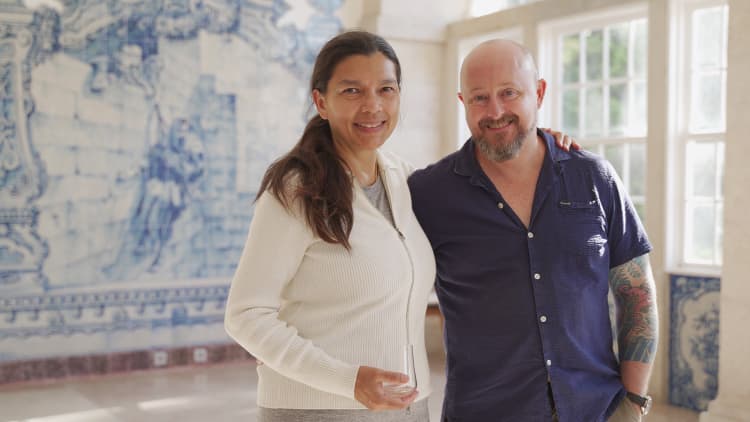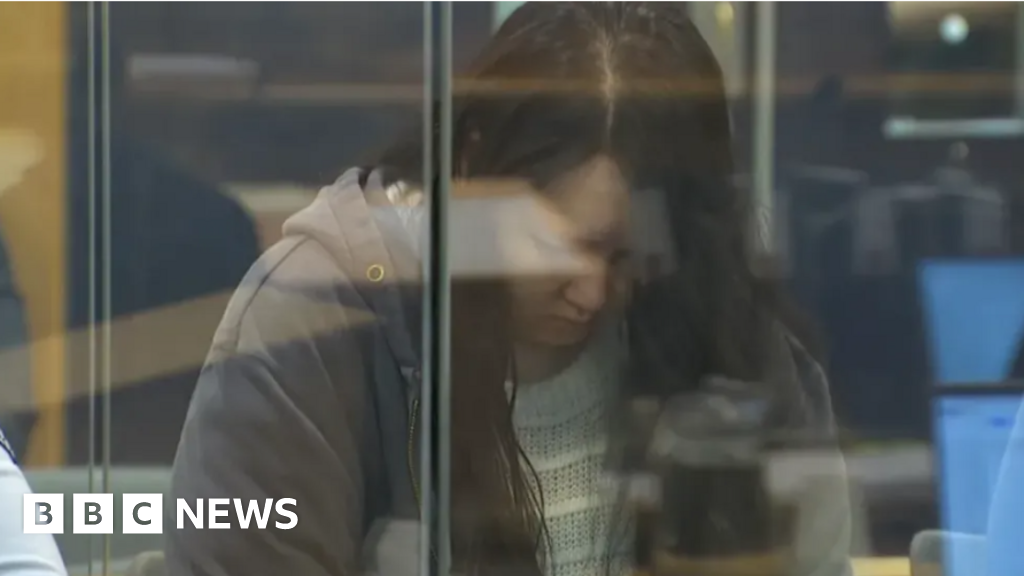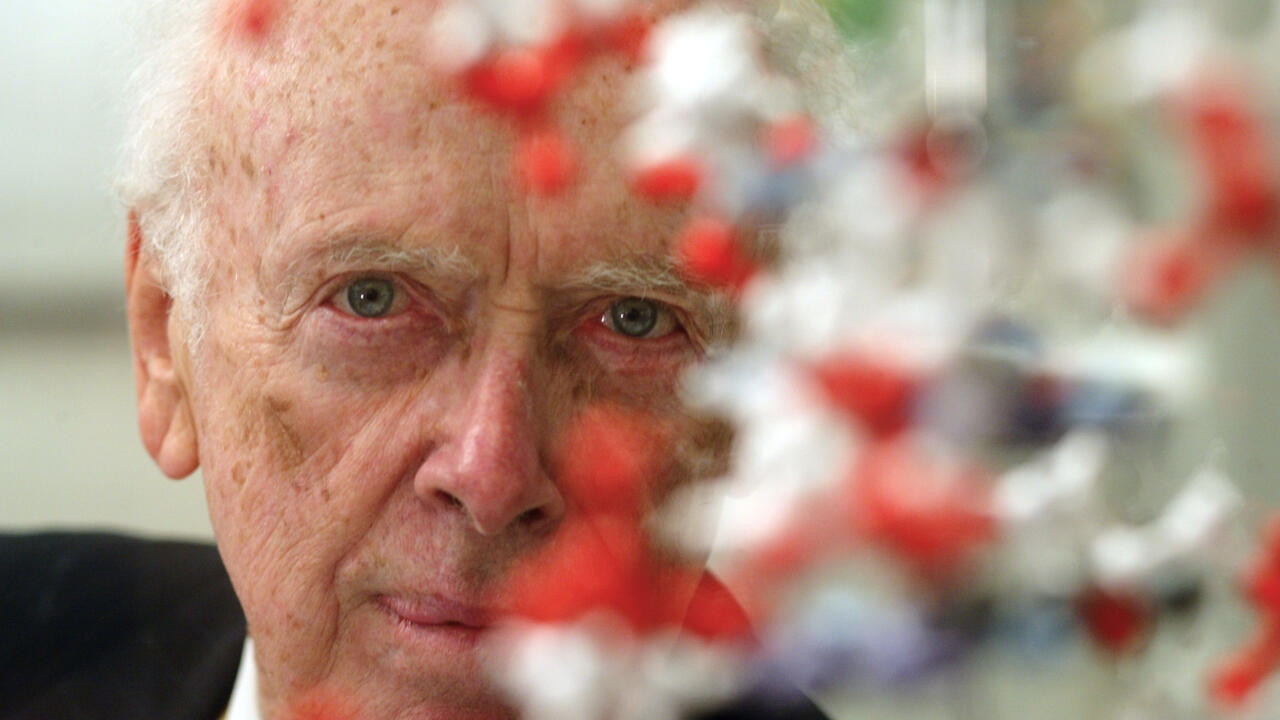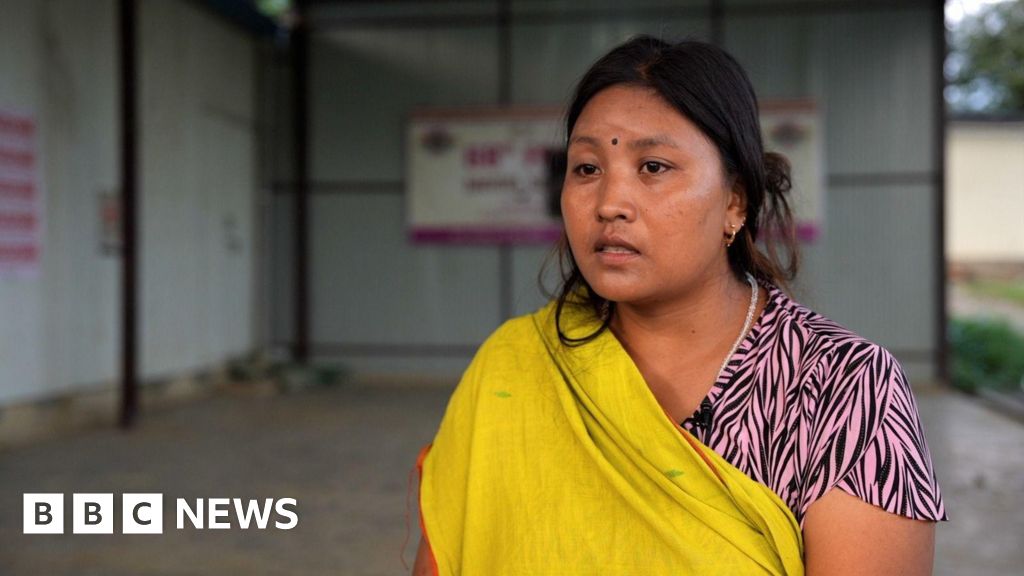In 2011, I walked away from a six-figure law career and retired at age 41. I thought I was prepared financially. But emotionally? Not so much.
After decades of working, I was used to the sense of purpose that came with a career, and I assumed I'd have to give that up once I stopped working. My biggest fear took the form of one major uncertainty: What would I do with all that unstructured time?
Fast forward 14 years later, and my days are anything but idle. My wife and I now live in Portugal, where I spend my free time enjoying local food with friends and hiking the wildflower-dotted coastal trails. Retiring early is one of the best decisions I've ever made ... but I remember how overwhelming it felt at the start.
Here's what I've learned so far in early retirement, and why I don't regret it.
1. Uncertainty is an opportunity, not an obstacle
I followed a predictable path for most of my adult life: law school, summer associate gigs, and eventually a stable legal career. Then came the 2008 financial crisis. The firm I worked for collapsed — and with it, my sense of direction. I couldn't picture myself doing anything other than practicing law.
I could've stayed in the industry. But instead, I chose the unknown. Most people think early retirement is about not working anymore. But it's about redefining your identity without a roadmap. That required a mindset shift: I had to become an explorer.
Ocean fog envelopes Sintra forest, within Portugal's Sintra-Cascais Natural Park, near Lisbon.
Alex Trias
That mindset brought us to Portugal, a country where we didn't speak the language, didn't know anyone, and had no idea what to expect day-to-day. It was disorienting at first. But the uncertainty became our motivation to grow, learn, and build a fulfilling life from scratch.
If you're delaying retirement because you don't know what comes next, that might be exactly why it's worth doing. Uncertainty could be your opportunity to travel down paths you've never imagined.
2. You can still get ahead financially, even without a paycheck
When we first retired, my wife and I assumed we'd gradually draw down our savings over time and hope it would last. But something surprising happened: Our net worth kept growing.
A major reason is that living in Portugal drastically reduced our expenses. Here's what we save annually compared to our old life in Washington, D.C.:
- $15,000 on state income taxes
- $25,000 on health insurance and deductibles
- $14,000 on property taxes
- $20,000 on food, entertainment, and daily costs
In total, we estimate that we save about $5,000 per month just by living abroad.
We follow the same financial strategy we did while working: We live below our means, reinvest the difference, and let compounding do the work. The only difference is that now, instead of salaries, our income comes from investments.
Retirement doesn't have to be the end of building wealth. It can even be the beginning of a more sustainable, intentional version of it.
3. Finding purpose in retirement is just as important as finding it in your career
Whether you're working or not, most of us want the same thing: to feel like we matter and are making a contribution.
Coastal event collides against the rocks at Guincho beach, located on Portugal's Estoril coast.
Alex Trias
When we first retired, we had a built-in sense of purpose as parents to a young child. We joined school activities, studied the local language, and built a new life in Lisbon.
But when our daughter went off to college, we were back to square one. Our schedules emptied out, and we faced the same question we did in 2011: What do we do with all this time?
Before diving into hobbies or commitments, we made a plan. We identified six core priorities that bring meaning to our lives:
- Building and strengthening friendships
- Personal care and physical health
- Quality time as a couple
- Travel
- Volunteer work and giving back
- Learning new skills
Once we had those priorities in place, it became easier to build a routine that felt fulfilling.
Today, my wife volunteers at our tennis club, takes pottery and Dutch lessons, and plays sports. I'm focused on writing, freelance retirement coaching, and helping a local nonprofit as a consultant. We host dinner parties, explore new recipes, and take short trips around Europe.
With the right mindset, early retirement can be the perfect new starting point. You just have to be willing to embrace it.
Alex Trias is a retired attorney. He and his wife have been living in Portugal since 2015. He writes about tax planning, investing, early retirement and expat life on Substack.
Want to be your own boss? Sign up for CNBC's new online course, How To Start A Business: For First-Time Founders. Find step-by-step guidance for launching your first business, from testing your idea to growing your revenue.












 English (US) ·
English (US) ·